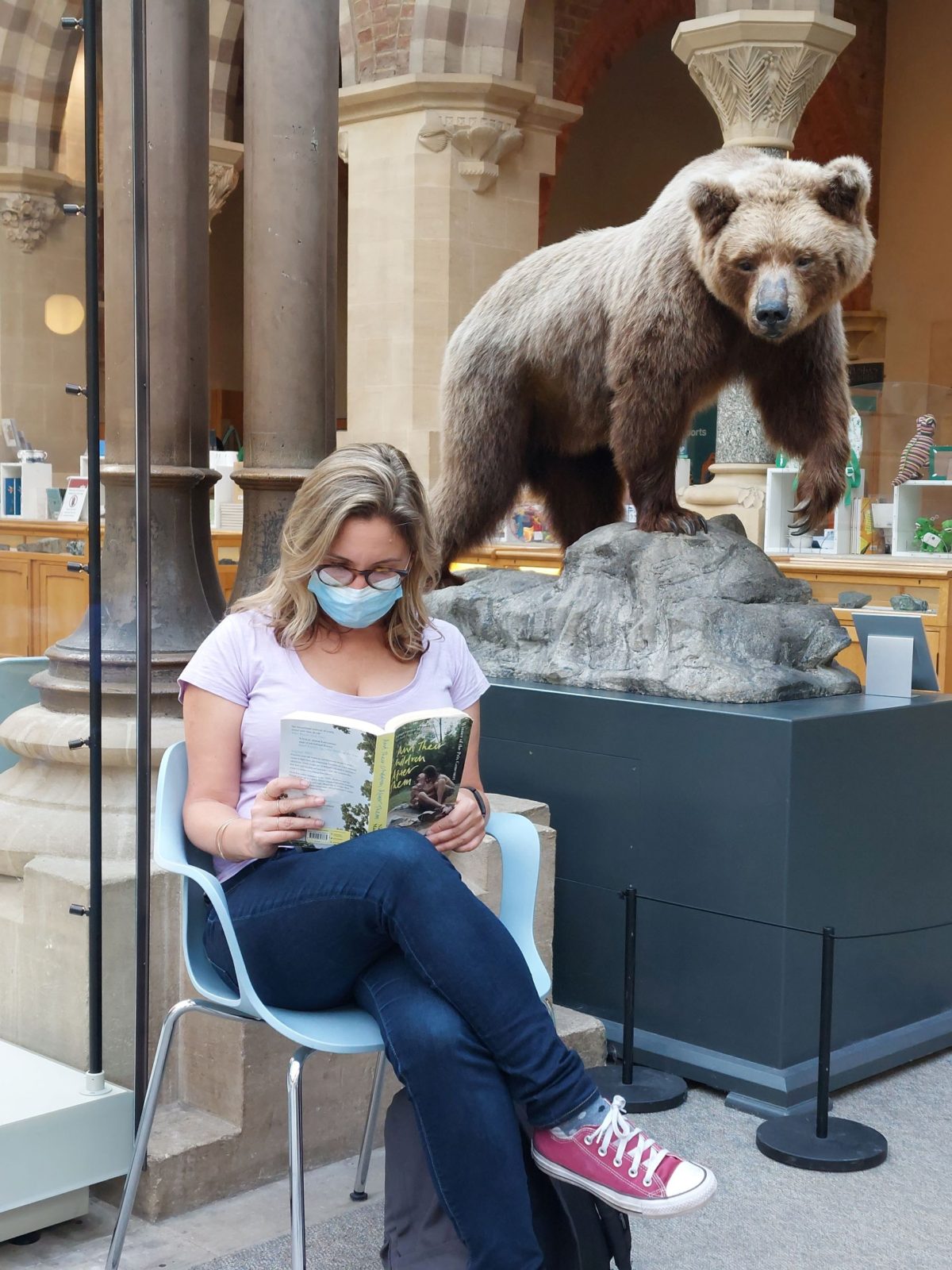Here is a story about being poor on the outskirts of Luxembourg. Though let’s not get carried away: no one in Western Europe is poor by global standards. Perhaps it’s better to say, here is a story about perceived inequality on the outskirts of Luxembourg, but that’s not quite as snappy.
Anthony had just turned fourteen. He could devour an entire baguette with Vache qui Rit cheese as a snack. At night, wearing headphones, he sometimes wrote songs. His parents were idiots.
This is the first paragraph, and I’m already loving it. Here is a description of Anthony’s community:
The men said little and died young. The women dyed their hair and looked at life with gradually fading optimism.
The story covers four summers in the late nineties as Anthony, his friends, and his frenemies, grow into adulthood. It provides a microsm of a small French town that is struggling with de-industrialisation. Like kids everywhere, they are convinced against all evidence that they will lead big lives, unlike those fools their parents:
She couldn’t grasp how much determination and humble sacrifice was required to keep an average existence afloat, to bring home a salary, plan holidays, maintain the house, cook dinner every evening, and be present and attentive, while still giving a novice teenager the chance to gradually earn her autonomy
One of the kids gets out of their small town, but the rest get conventional jobs and are on course for conventional lives. Here’s Anthony:
(His mother) believed in killing herself working. . . . An idea Anthony was starting to subscribe to. At least he had right on his side. It was now his turn to complain about taxes, immigrants and politicians. He didn’t owe anyone anything, he was useful, he complained, he was exploited, he was dimly aware of being part of a vast majority, the mass of people who could do everything and were sure there was nothing to be done.

